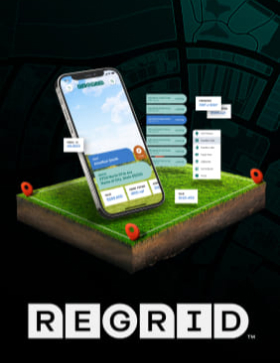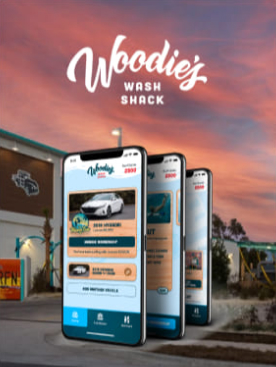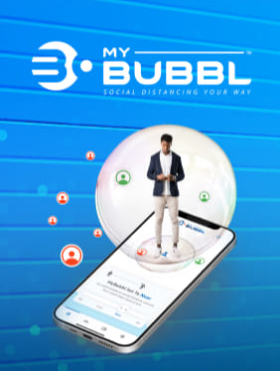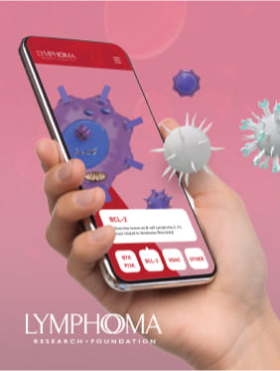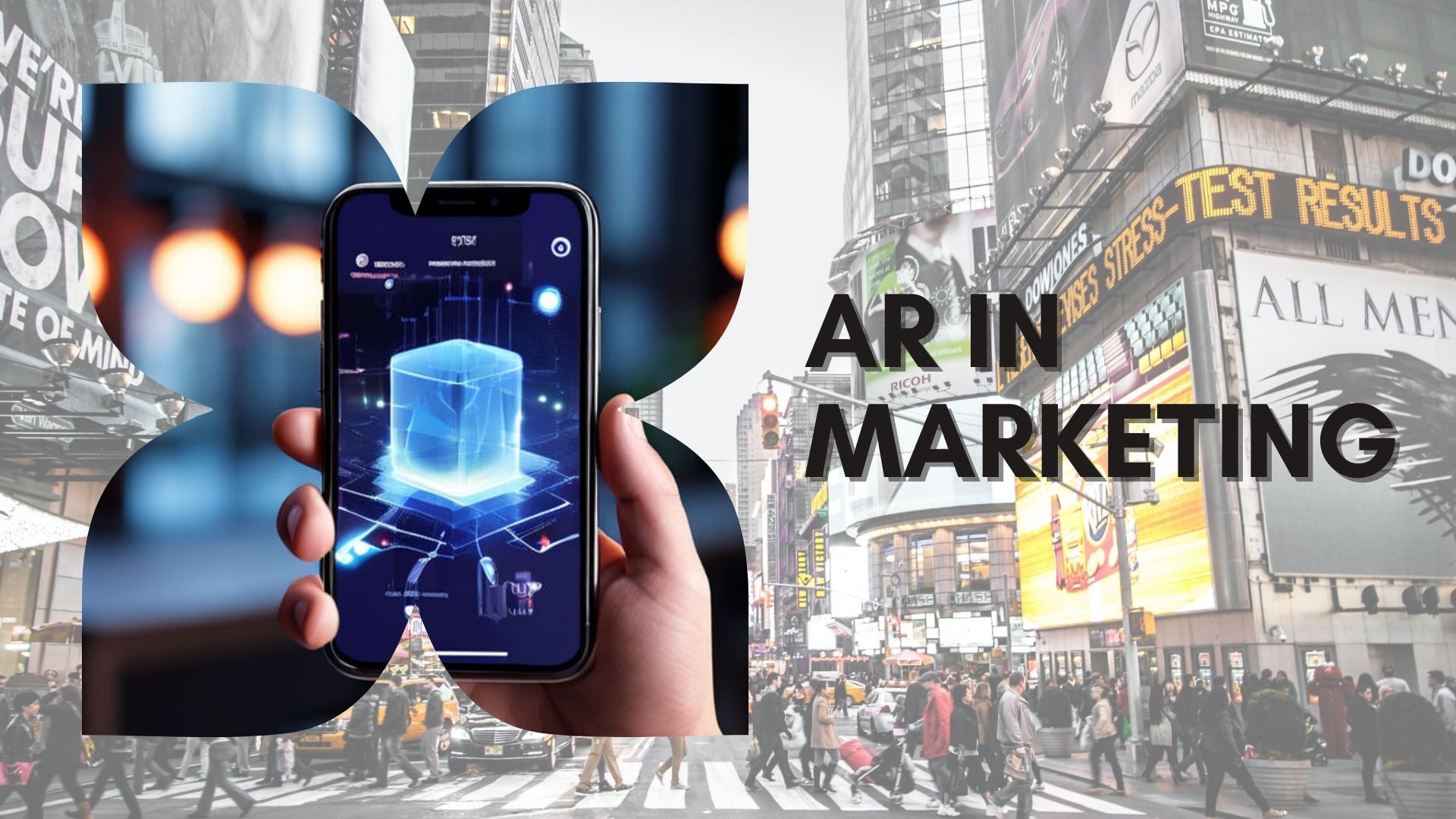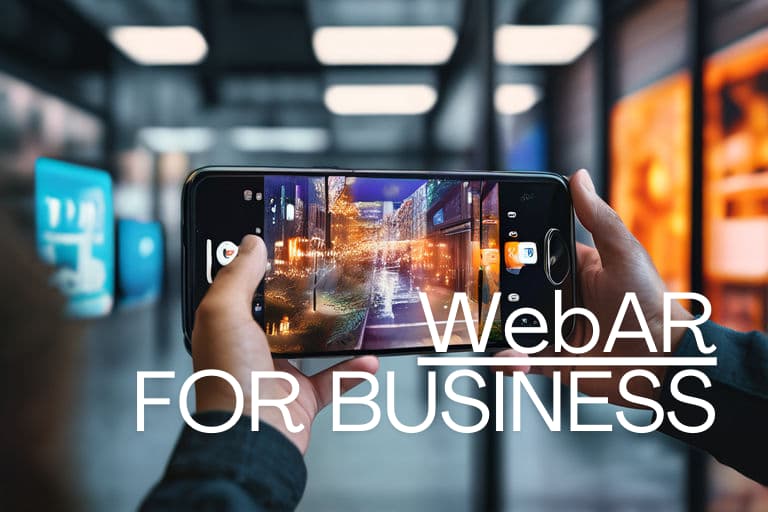
On Friday, our friends at Ad Age, released an article called, “HP’s Autonomy Gave Away Augmented Reality Tech to Brands: But Will Brands Pay Once Autonomy Starts Charging?“
The article outlines how Autonomy (The ones who own Aurasma) managed to take a great opportunity, after becoming a fairly well-known name in augmented reality, and shoot itself in the foot…with a shotgun…owned and paid for by HP.
For those who aren’t aware, Aurasma has, for a while, functioned as the training wheels to augmented reality. It took a technology capable of so much, stripped it down, and gave it for free to anyone with a mobile phone or tablet. Great way to get users, right? Well, it depends.
Great ideas require (and deserve) great execution. In today’s creative world of apps, tablets, smartphones, and laptops that feel more like a small stack of papers, information and technology is available to everyone 24/7, in a wide range of shapes and sizes.
Great ideas can become viral in a matter of seconds — and poor execution can put a fork in it just as quickly.
Everybody loves the guy who freely gives. The one who says, “this stuff is so cool — we want the world to have it, completely free!” Why? Because they are the revolutionaries. They are the guys on the capitol steps, yelling at the suits. They are the Brins, the Pages, the Zuckerbergs — right?
No. Technology will change, times will change and culture will change. One thing will always ring true: Business is business (and the Brins, the Pages and the Zuckerbergs know this better than anyone).
Sure, the ways that businesses look and feel may change (thanks to leaders like Google and Facebook who told us, “Hey. Jeans are cool…as long as you’re comfy and happy while you work. Heck, grab a beer from the Nerf Hoop fridge!”) but they are still businesses. Don’t get me wrong, if you’re an entrepreneur looking to launch a successful startup, it is critical that you believe (in your bone marrow) that the world needs your product. You have to.
The goal of business, though — by definition — is to make money. If you aren’t making money, you’re not a business. You’re an after school club.
Aurasma has done a ton for the augmented reality industry. For the last few years, their name has become recognizable within the space, but it’s been in a bit of a Costco sample lady-with-a-hair-net kind of way. They have provided a limited, basic and simple ‘sample’ of augmented reality and handed it out, free, to anyone who walks by and says, “Hm. what’s that?” It’s a great way to provide the general public with a brief, quick and easy 101 on a new technology. There’s one problem though, a great idea with poor execution almost never lands on top.
Aurasma gave their product away to everyone, hoping that they’d take the lead and be the one to stick around when this stuff was huge — and it’s a fair effort. Loyalty is arguably worth more these days than it has ever been. There’s a second reality, however: Once you’ve established loyalty by giving something away for free, it’s extremely difficult to start calling the shots and convince major brands that your invoice is anything more than a fancy, “pleasssssseee?”
So, to answer Ad Age’s question:
Will brands pay once Autonomy starts charging for Aurasma? Ha! Not likely.
But…
That said, not only will brands pay for powerful augmented reality, in the future…they already are, right now. Actually, they are doing so more and more.
Ever since Gravity Jack was founded, we have worked to educate, experiment with, and develop relationships with some of the world’s biggest brands. We’ve been blessed to work with brands like Coca-Cola, TaylorMade, Safeway Farm Fresh, Bowflex and many more — and they all see the value.
Gravity Jack offers a very basic, limited, yet free example of our technology, but spend 90% of our time working to, not dumb the technology down to a point where it is easily digestible, but constantly make augmented reality more powerful for brands than ever before — and here’s the kicker:
Once you give brands powerful tools to succeed — ones they’ve never had before — they pay for it, gladly.
If there is one thing that truly successful brands understand it is investment. Great ideas and tools are worth money and the companies who settle for free solutions to try and cut costs get exactly what they pay for — until it costs them billions, like it did HP.
Gravity Jack is unapologetic in our belief that we’re the best. Brands seem to recognize this, too. We’ve teamed with the world’s biggest brands and have worked collaboratively and tirelessly to create augmented reality that strips away the gimmicky surface stuff and flexes true muscle. We’re talking tools that pack a big, powerful ROI punch for businesses.
Things like:
- Streaming Multimedia: video, images and custom 3D models
- Interactive Buttons: Allow users to do anything your website can and more
- Powerful Analytics & Content Targeting to each specific user off of the same marker or image trigger. This means you aren’t wasting experiences, hoping your user finds the content interesting. We target what they see, based on amazing analytics, location of where they are viewing and more. They appreciate it too.
- Geo-Location – AR doesn’t need a QR code or even an image. We can place content, floating, in virtual space. Just give us a latitude and longitude and you’ve got yourself some highly engaging virtual real estate.
- E-commerce: Don’t just show them what you have. Let them buy it right then and there.
- Content Creator: Allowing our brands to control and update the content that shows on their products and materials instantly and seamlessly — even product that is already on shelves or in homes.
…and that isn’t worth ‘free.’ It’s worth businesses investing in and revolutionizing the way they engage consumers. After all:
Simplicity and ease of use is only the first (very important) half.
It’s when a product is powerful enough to provide lasting relevancy, with minimal user effort that businesses see return — and it’s astronomical.
Yes, brands are and will continue to pay for augmented reality. It simply just has to be worth something. After all, business is business.

